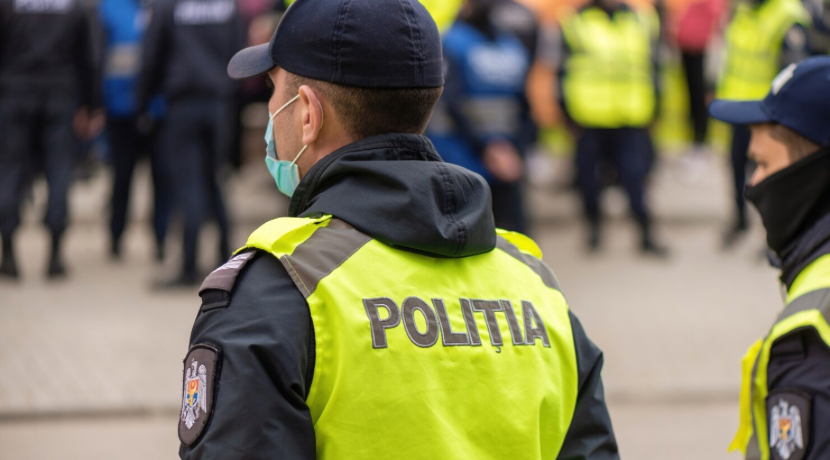The Costa del Sol, renowned for its stunning beaches, vibrant nightlife, and sunny climate, is a popular destination for tourists and expatriates alike. While the region is generally considered safe, understanding local safety and security measures can enhance your peace of mind and ensure a pleasant experience. Here’s a comprehensive guide to safety and security on the Costa del Sol.
1. General Safety
The Costa del Sol is known for its low crime rates, particularly in residential and tourist areas. Violent crime is rare, and most incidents involve petty theft and opportunistic crimes.
- Petty Theft: Pickpocketing and bag snatching can occur, particularly in crowded areas such as markets, public transport, and tourist attractions. Always be mindful of your belongings and avoid displaying valuables.
- Safe Areas: Popular towns like Marbella, Fuengirola, Benalmádena, and Estepona are generally safe for residents and visitors. These areas have a strong police presence and well-lit streets, enhancing safety.
2. Police and Emergency Services
Spain has a well-organised and efficient emergency service system.
- Emergency Numbers: For emergencies, dial 112 for immediate assistance. This number connects you to police, fire, and medical services.
- Local Police: The Policía Local handle local law enforcement, traffic control, and community safety. They are the first point of contact for most non-emergency issues.
- National Police and Guardia Civil: The Policía Nacional and Guardia Civil are responsible for broader security issues, including serious crime investigations and border control. They work alongside local police to ensure overall safety.
3. Home Security
Ensuring your home is secure is crucial, whether you’re a resident or a visitor.
- Locks and Alarms: Install high-quality locks on doors and windows. Consider installing a security alarm system for added protection.
- Gated Communities: Many residential areas on the Costa del Sol are gated communities with private security, offering an extra layer of safety.
- Insurance: Home insurance is advisable to protect against theft, damage, and other risks. Ensure your policy covers all essential aspects.
4. Road Safety
Driving on the Costa del Sol is generally safe, but it’s important to be aware of local traffic rules and conditions.
- Driving Rules: Adhere to local driving regulations, including speed limits, seatbelt use, and mobile phone restrictions. Familiarise yourself with Spanish road signs.
- Parking: Park in well-lit, designated areas. Avoid leaving valuables in your car, and always lock your vehicle.
- Public Transport: Public transport, including buses and trains, is safe and reliable. Use official taxi services or reputable ride-sharing apps for additional safety.
5. Health and Medical Services
Spain offers high-quality healthcare, and the Costa del Sol is well-equipped with medical facilities.
- Healthcare Access: Public healthcare is available to residents, and many expatriates opt for private health insurance for quicker access and additional services.
- Pharmacies: Pharmacies are widely available, and many offer 24-hour services. Look for a green cross sign to locate them.
- Emergency Care: In case of a medical emergency, dial 112. Hospitals and clinics are well-equipped to handle emergencies, with many staff members speaking English.
6. Natural Disasters and Environmental Risks
The Costa del Sol has a mild climate and is generally free from natural disasters, but it’s wise to be prepared for any situation.
- Weather: The region enjoys a stable climate, but occasional heavy rains can lead to flooding. Stay informed about weather forecasts and heed any warnings.
- Sun Safety: The sun can be intense, particularly in summer. Use sunscreen, wear protective clothing, and stay hydrated to avoid sunburn and heat-related illnesses.
- Water Safety: Beaches on the Costa del Sol are safe, but it’s important to swim in designated areas and follow lifeguard instructions.
7. Social and Cultural Safety
Understanding and respecting local customs and social norms contribute to a safer and more enjoyable stay.
- Respect Local Customs: Be mindful of Spanish cultural norms, such as greeting customs and appropriate behaviour in public places.
- Language Barriers: While many people on the Costa del Sol speak English, learning basic Spanish phrases can help in emergencies and enhance your overall experience.
- Legal Considerations: Familiarise yourself with local laws, particularly regarding alcohol consumption, smoking, and noise regulations.
Conclusion
The Costa del Sol is a safe and welcoming destination for tourists and expatriates. By staying informed about local safety practices and taking common-sense precautions, you can enjoy all that this beautiful region has to offer with confidence. Whether you’re strolling along the beach, exploring vibrant towns, or settling into a new home, understanding and prioritising safety and security will ensure a smooth and enjoyable experience on the Sun Coast.

